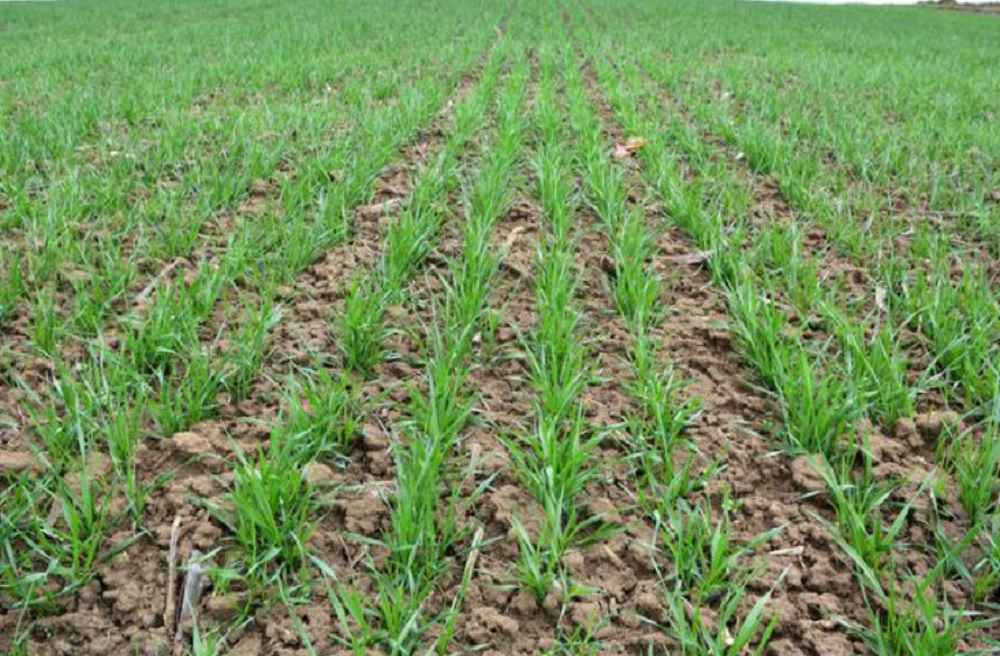
Data released by the Phosphite Biostimulant Stewardship Group (PBSG) using aggregated, anonymised trials results from its members shows continued efficacy in cereals crops for the sixth year running.
David Booty, PBSG Chair, is not surprised by the data, saying, “We have known for many years that phosphite used as a plant biostimulant has a beneficial effect on rooting for a wide range of crops. It improves nitrogen assimilation, supporting faster growth and higher yields. This latest data demonstrates its efficacy in cereals across a number of seasons, each with its own challenges weather-wise, showing the opportunity this biostimulant offers to growers.”
Data from the eight PBSG members was collated and anonymised by Ramboll, specialists in data management. According to the PBSG, the combined efficacy metrics across cereals trials harvested in 2022 show a 20.9 percent difference compared with the control plots, which is the best result achieved in the six years the data has been collected. The six-year average across trials in 11 countries is a 14.1 percent improvement.
Phosphite was not included as a plant biostimulant in the Fertilising Products Regulation (FPR – EC2019/1009) which was applied in July 2022. The PBSG is working with the European Biostimulants Industry Council (EBIC) to address this issue, so that farmers and agronomists across Europe can realise the benefit of phosphite as a plant biostimulant.
Neal Sanders chairs the Phosphite Project Team for EBIC and says, “Given the challenges of climate change and food security, growers need all the help they can get to improve yields and quality of their crops. Phosphite has been thoroughly researched for many years and delivers proven results. We are pushing the European Commission hard to reconsider their decision not to include phosphite in the FPR as we believe there is sufficient scientific evidence to show what an important agronomic input it is.”